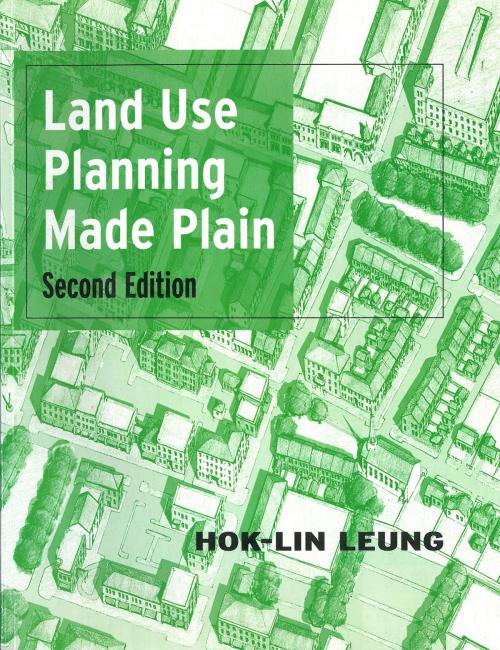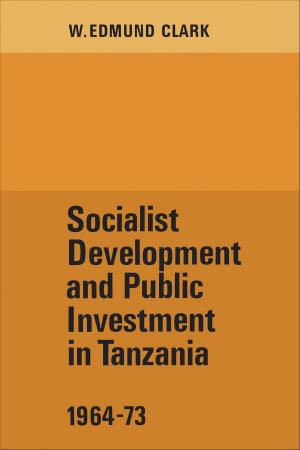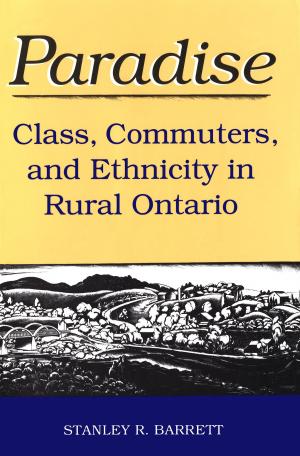Land Use Planning Made Plain
Nonfiction, Social & Cultural Studies, Political Science, Politics, Regional Planning, Art & Architecture, Architecture, Planning, City Planning & Urban Development| Author: | Hok-Lin Leung | ISBN: | 9781442658745 |
| Publisher: | University of Toronto Press, Scholarly Publishing Division | Publication: | December 15, 2003 |
| Imprint: | Language: | English |
| Author: | Hok-Lin Leung |
| ISBN: | 9781442658745 |
| Publisher: | University of Toronto Press, Scholarly Publishing Division |
| Publication: | December 15, 2003 |
| Imprint: | |
| Language: | English |
Land Use Planning Made Plain is a practical guide for planners, administrators, politicians, developers, property owners, and the general public on how to make and implement land use decisions. It seeks to develop a set of coherent planning principles by drawing out useful and generally applicable elements from various systems and approaches.
Hok-Lin Leung's focus is on planning at the city level, and he has organized the text according to the logical sequence of plan-making: justifications for making a land use plan, a plan for plan-making, planning goals, information, analysis, synthesis, and implementation. He addresses major debates in land planning today, including controversial material, and concludes with suggestions on the qualifications and qualities of a land use planner. By encouraging a shared understanding of the purpose, analytic skills and substantive considerations of plan-making – as well as the ways and means of plan-implementation – this book helps the planner to become more responsible and responsive to the many issues surrounding land use and its important role in addressing human needs.
Land Use Planning Made Plain is a practical guide for planners, administrators, politicians, developers, property owners, and the general public on how to make and implement land use decisions. It seeks to develop a set of coherent planning principles by drawing out useful and generally applicable elements from various systems and approaches.
Hok-Lin Leung's focus is on planning at the city level, and he has organized the text according to the logical sequence of plan-making: justifications for making a land use plan, a plan for plan-making, planning goals, information, analysis, synthesis, and implementation. He addresses major debates in land planning today, including controversial material, and concludes with suggestions on the qualifications and qualities of a land use planner. By encouraging a shared understanding of the purpose, analytic skills and substantive considerations of plan-making – as well as the ways and means of plan-implementation – this book helps the planner to become more responsible and responsive to the many issues surrounding land use and its important role in addressing human needs.















